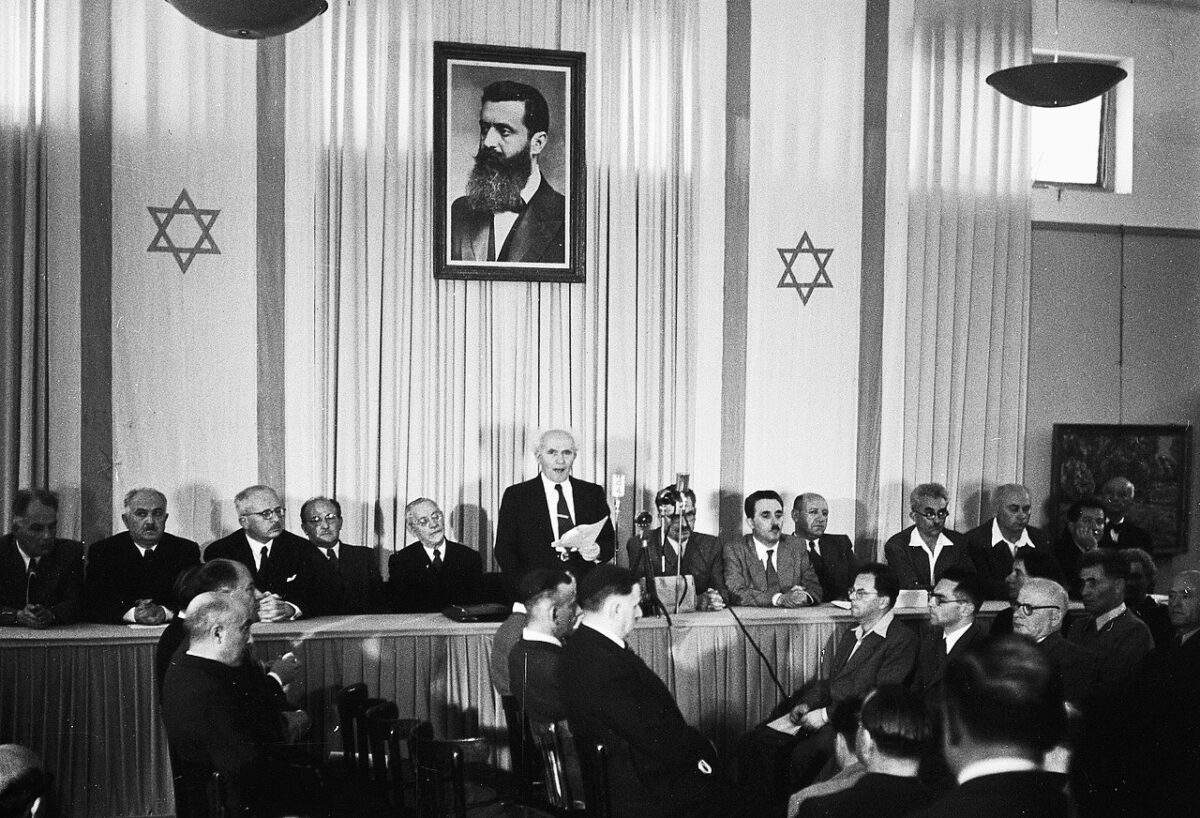Addressing the People’s Council in Tel Aviv on May 14, 1948, David Ben-Gurion solemnly read the Declaration of Independence proclaiming the Jewish state of Israel. Thirty seven people signed the historic document in Independence Hall on Rothschild Boulevard, a sedate, tree-lined street in the center of the seaside city. Representing 12 Jewish political parties from the far right to the extreme left, the signers were secular Jews as well as religious Jews.
This unique ceremony unleashed a wave of euphoria among Israeli Jews. To Palestinian Arabs and their supporters in the Arab and Muslim worlds, the creation of Israel was an unmitigated catastrophe, known in Arabic as the nakba. Within hours of Ben-Gurion’s speech, several Arab armies attacked the newly-created nation, igniting Israel’s longest and costliest war.
All 37 signatories of the historic declaration have passed on, leaving a lasting legacy. Seventy four years on, in Yulia Cohen’s absorbing documentary, Our Natural Right, their grandchildren reflect on what was achieved.
To be screened online by the ChaiFlicks streaming service during its Israel Independence Day Film Festival from May 4-9, the 46-minute movie is a compilation of archival and recent footage that illustrates the diversity of opinion in Israeli society.
The interviewees come from all walks of life.
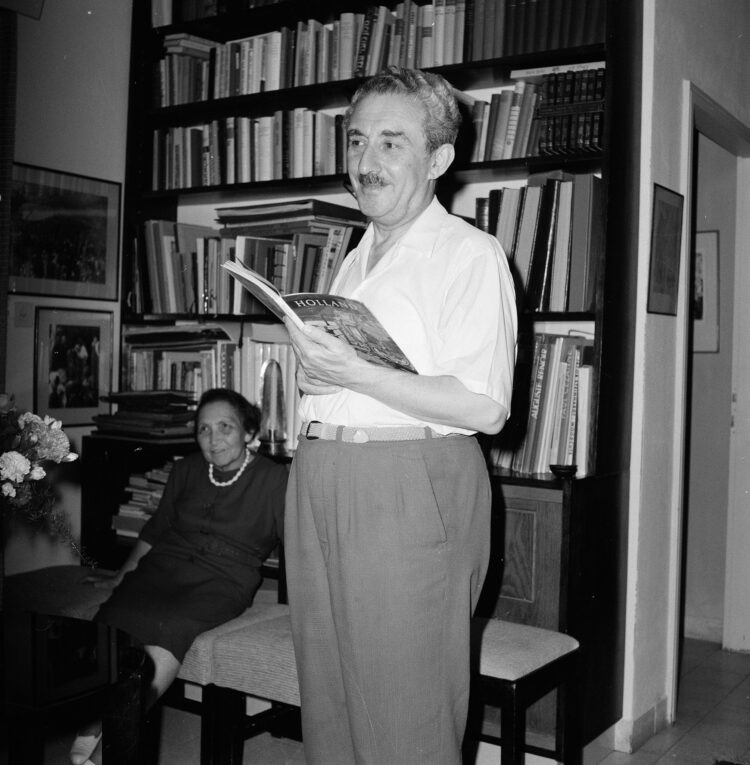
Yariv Haft’s Sephardic grandfather, Bechor Shalom Sheetrit, was Israel’s first minister of police. Orit Sharett-Porter’s grandfather, Moshe Sharett, wrote the declaration and was Israel’s first foreign minister and Israel’s second prime minister after Ben-Gurion. Gideon Remez’s grandfather, David, was a diploma. Lilach Ron’s grandfather, Mordechai Bentov, was a leader of the left-wing Hashomer Hazair movement and the editor of the Mapam Party newspaper. Barak Kovashi’s grandfather, Saadia, was an educator.
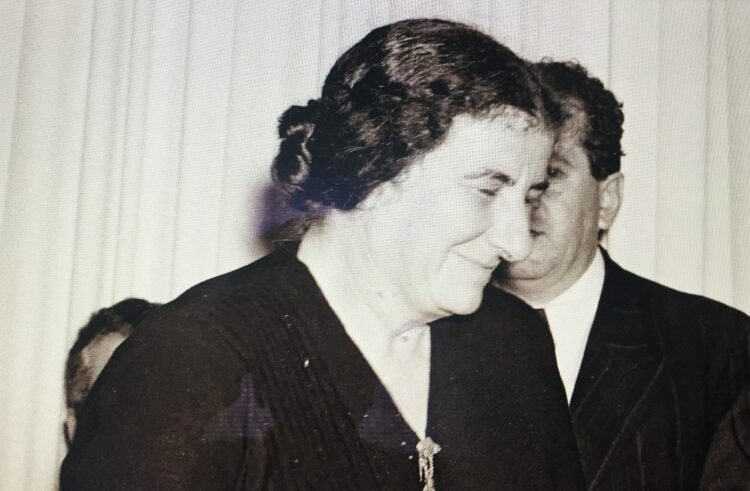
Nurit Peled-Elhanan grandfather, Avraham Katznelson, was a founder of the Habima Theater. Gideon Meir’s grandmother, Golda Meyerson, was Israel’s first and only female prime minister.
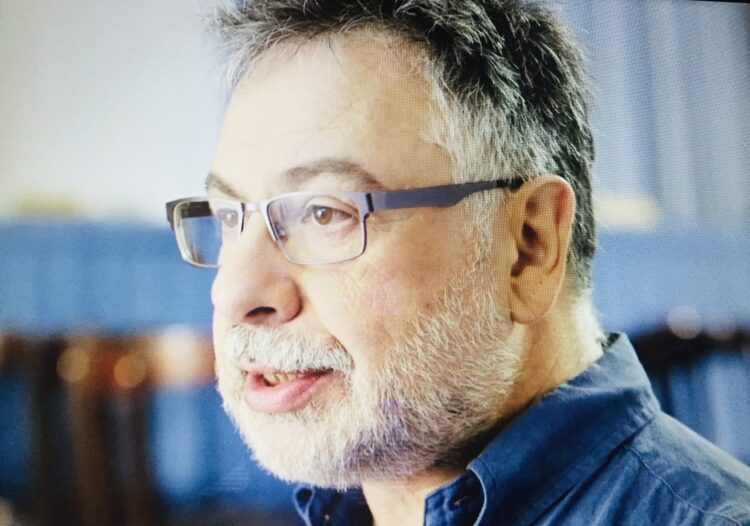
Nitzan Kahane’s grandfather, Rabbi Kalman Kahana, was, at 36, the youngest signatory. Oren Kagan’s grandmother, Rachel, was an advocate of women’s rights.
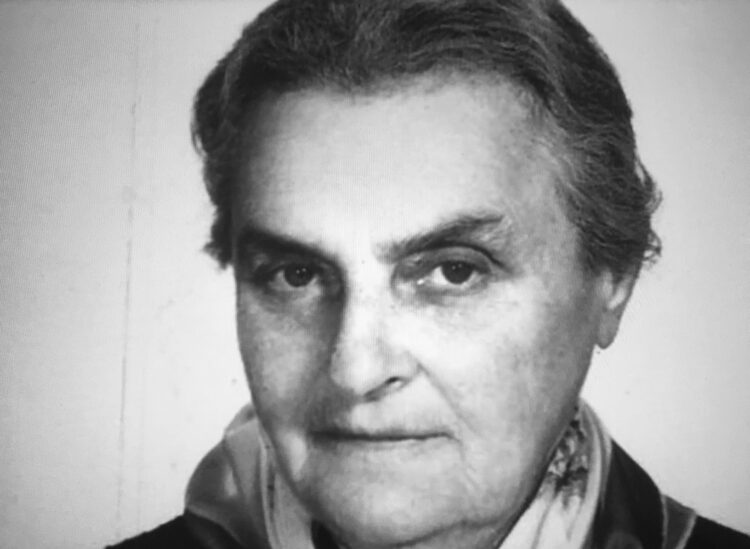
Boaz Dekel’s grandfather, Eliyahu Dobkin, was Israel’s first minister of immigration. Yinon Warhaftig’s grandfather, Zerach, was a minister of religion. Doron Rosenblum’s grandfather, Herzl, was the editor of the Yediot Ahronet tabloid newspaper for 40 years. Michal Amitai’s grandfather, Eliezer Kaplan, was Israel’s first finance minister and a deputy prime minister.
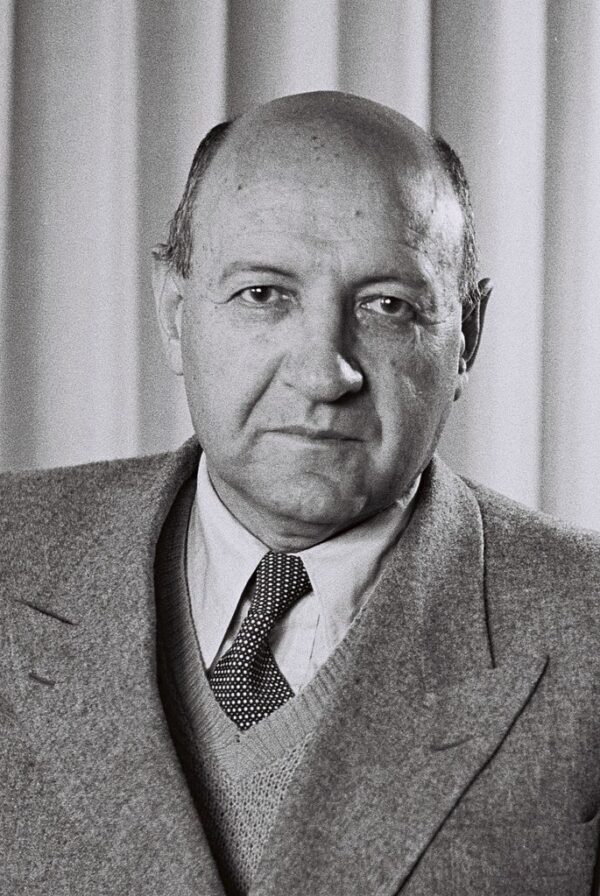
Peled-Elhanan, a professor at the Hebrew University in Jerusalem, is disillusioned with Israel, branding it as an “apartheid, totalitarian and terribly racist” state. She underwent a total political transformation after travelling abroad at the age of 19. She thinks that Israel’s prime minister should be Ayman Odeh, the leader of the Joint Arab List, an amalgamation of three Arab parties which holds six Knesset seats.
Haft, a rightist, believes that Israel is a wonderful country, a high-tech leader, and claims that there is so such thing as a Palestinian or Palestine.
Meir, a composer, would like to see an Arab president.
Amitai is of the view that Israeli Arab citizens should play a greater role in the governance of Israel.
Dekel favors the status quo, or a Jewish leadership governing the country.
Warhaftig, a teacher, is saddened by the thought that Israel lives by the sword.
Rosenblum, a high-tech person, says that Israel is beset by a moral crisis because its politicians are guided by personal rather than by national considerations.
It’s clear there are many different voices in Israel. Not surprisingly, the situation in 1948 was identical.
The more things change, the more they remain the same. Or so one would think.
For further information about the festival, click on www.JewishFilmFests.com.
